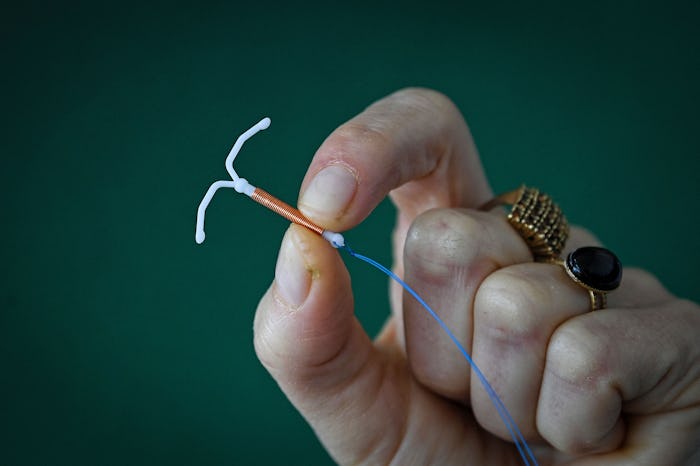News

Some Planned Parenthoods Will Now Offer Sedation For IUD Insertion
“Truly centering patients requires a trauma-informed approach to care. We’re offering sedation to give patients a greater sense of power and control over their bodies and their care.”
An IUD, or intrauterine device, is one of the most effective forms of birth control, especially for those looking for something long-term. But for many, the process of getting one, while very quick, can be extremely painful and traumatizing, so they’ll opt for another form of birth control altogether. Now, after listening to these concerns about pain, some Planned Parenthood locations are now offering sedation to make IUD insertions more comfortable for patients.
On April 2, Planned Parenthood of the St. Louis Region and Southwest Missouri announced that clinics in the area will start offering “routine sedation for patients” during IUD insertions and removals, in addition to other health services.
“Accessing sexual and reproductive health care shouldn’t invoke fear, and getting an IUD, cervical cancer screening, or a vasectomy shouldn’t feel traumatizing,” Dr. Colleen McNicholas, chief medical officer at Planned Parenthood of the St. Louis Region and Southwest Missouri, said in a statement. “Our patients and patients across the country are raising awareness about their negative experiences, specifically with the IUD insertion process — and are asking for better pain management options. We listened to their needs and are pleased to now offer sedation for our patients who prefer it — one of the few providers offering this care routinely in the outpatient setting.”
These Planned Parenthoods will offer patients intravenous (IV) sedation as a form of pain management. IV sedation is a fast-acting alternative to general anesthesia, most often used for minor surgical procedures. You’re not “put under” like you’d be with general anesthesia, rather IV sedatives help patients feel more relaxed, drowsy, or fall asleep during medical procedures. The level of sedation can vary depending on each patient, their medical history, type of procedure, and other factors. If requested, patients can also receive IV sedation during cervical cancer screenings, vasectomies, colposcopy or LEEP procedures, and uterine biopsies.
“Sexual and reproductive health care services can make patients feel vulnerable, anxious, and fearful, and in some cases, resurrect prior negative or traumatic experiences,” McNicholas added. “Truly centering patients requires a trauma-informed approach to care. We’re offering sedation to give patients a greater sense of power and control over their bodies and their care. As always, we’ll do everything we can to ensure our patients get the quality, affirming, affordable health care they want and need.”